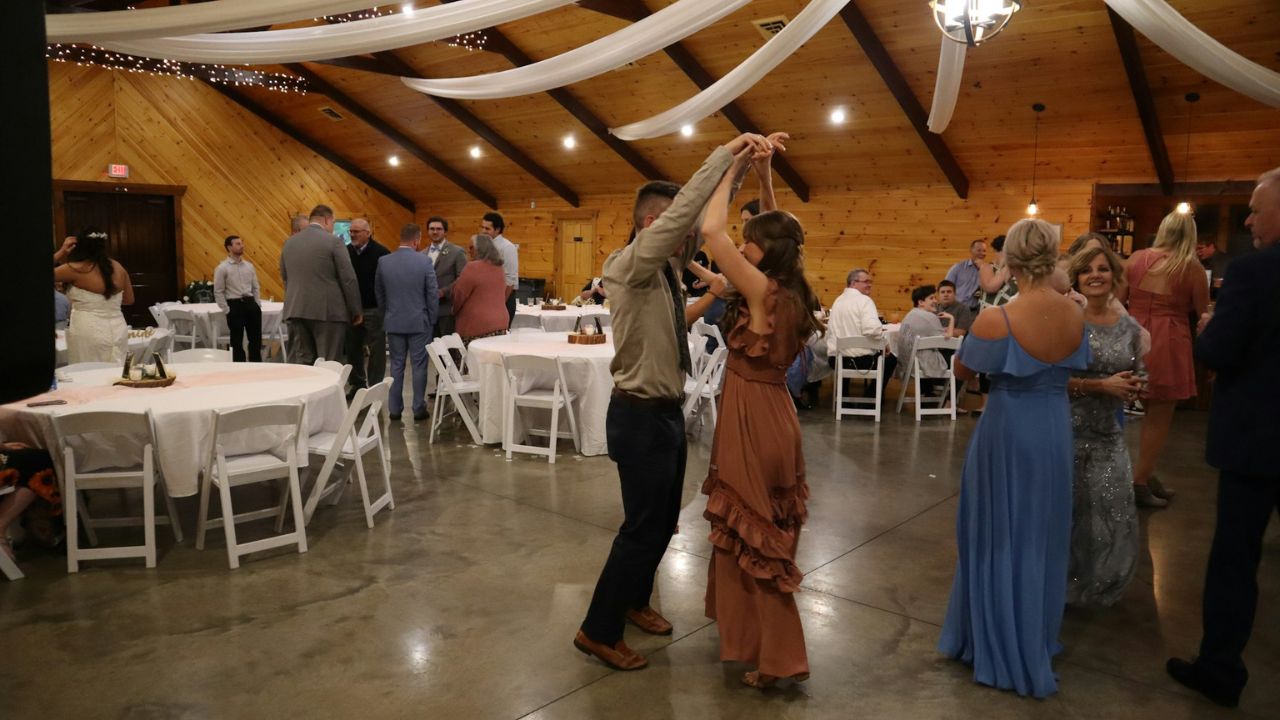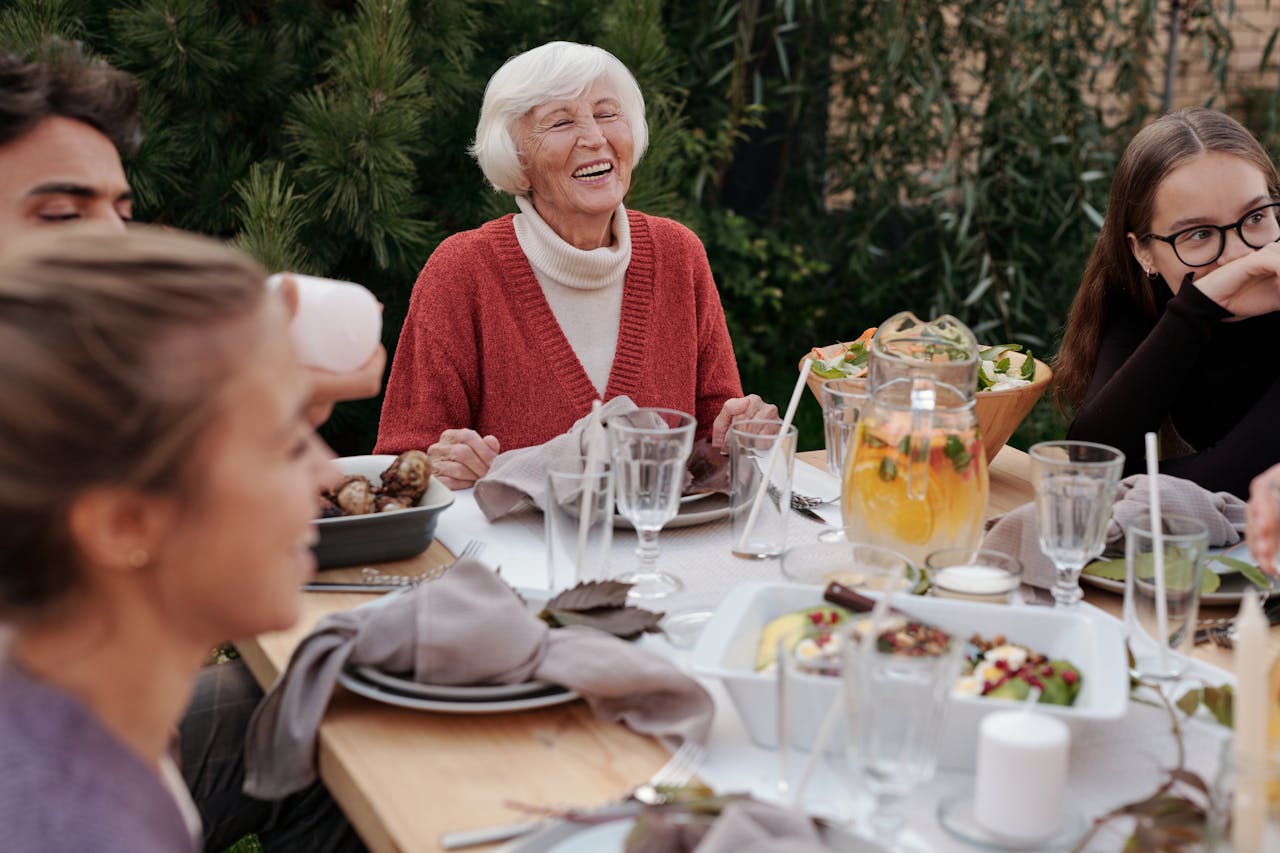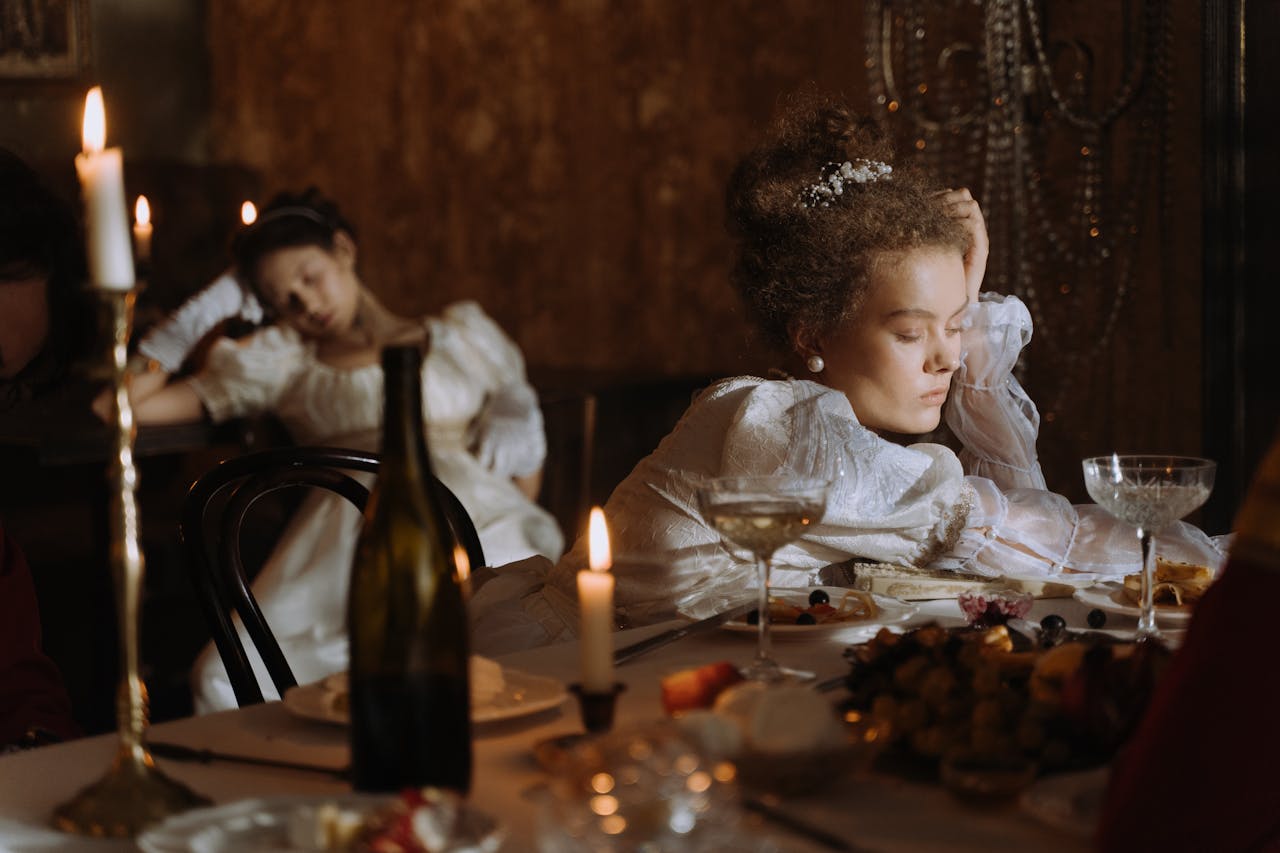Back in the 1800s, social life had rules for almost everything. How you stood, spoke, dressed, or even smiled was judged. These strict guidelines made parties feel more like formal events than fun hangouts. Today, things are much more relaxed, especially for teens. Being polite is still important, but many of those old rules now seem strange or uncomfortable. Here are 10 rules from the past that just don’t work anymore.
1. Don’t Speak to Strangers Without an Introduction

During the 19th century, it was seen as rude to talk to someone new unless a host formally introduced you first. Parties followed this rule strictly, especially in upper-class homes. Guests who didn’t wait for an introduction risked being labeled impolite or forward. In modern life, this would feel limiting and awkward. Meeting new people is now encouraged, and starting casual conversations is a normal part of any party experience.
2. Always Leave a Visiting Card

Calling cards were a big deal in the 1800s. If you visited someone’s home, even for a part,y you had to leave a small card with your name on it. The card showed you came by and followed proper manners. It was also how you got invited back. Today, this feels outdated and unnecessary. Most people would rather get a quick message or thank-you note. Leaving behind a printed card would confuse your host and feel too formal.
3. Women Shouldn’t Eat or Drink in Public

There was once a belief that women should avoid eating or drinking while standing or socializing. It was thought to be ungraceful or improper. Women were expected to appear delicate and quiet at parties, not hungry or relaxed. This rule is far from today’s standards. Sharing food and drinks is a big part of modern events. No one should be judged for enjoying snacks, and everyone deserves to feel welcome and at ease.
4. Only Dance If Invited Properly

In the 1800s, people didn’t just jump into dancing. Men had to ask women politely, and women needed approval from chaperones. There were even dance cards to keep track of partners. Today, that would feel too strict. Dancing is now casual and spontaneous. Teens and adults alike dance solo or in groups without rules. Waiting for permission or a formal request would make parties feel more like school events than fun hangouts.
5. Stand Every Time Someone Enters

It used to be polite for men to stand whenever a woman entered a room. This rule showed respect and was followed at both public and private gatherings. But at a modern party, standing up again and again would just feel awkward. Respect is now shown through kindness, conversation, and including everyone. People care more about how you treat them than whether you stood up when they walked in the door.
6. Avoid Laughing Loudly at Social Events

In the 19th century, loud laughter, especially from women, was considered impolite or embarrassing. Being too expressive in public made others uncomfortable. Parties were quiet and formal, not places for big emotions. Today, that’s completely different. Laughing out loud is a sign of joy and connection. Parties are meant to be fun. Holding back your laughter now would seem strange and might even make people worry you’re not enjoying yourself.
7. Never Talk About Health or Money

Polite society in the 1800s avoided certain topics, including anything related to personal health or finances. It was seen as too personal or even rude. At parties, people were expected to make small talk about the weather or news. Now, many teens and adults connect through honest conversations. While it’s still good to be respectful, talking about real life, including school stress or budgetin,g is more welcome than avoiding meaningful subjects entirely.
8. Always Wear Gloves to Social Gatherings

Gloves were required at most events, especially for upper-class men and women. You had to wear them and take them off at just the right time. Forgetting gloves could be seen as lazy or disrespectful. Today, wearing gloves to a party unless it’s themed or for winter would seem odd. Fashion has changed. People now dress for comfort and expression, not to follow outdated rules that no longer apply to modern life.
9. Sit and Stand with Perfect Posture

Posture mattered a lot in the 1800s. You had to sit up straight, avoid slouching, and move with care. At parties, this rule helped show off good manners. But being too stiff today would make you look nervous or uncomfortable. Teens often sit on the floor, lean on walls, or relax in bean bags. Being relaxed helps others feel the same. Good posture is nice, but strict body rules don’t fit casual gatherings anymore.
10. Always Thank the Host in Person Before Leaving

It used to be very rude to leave a party without first finding the host and thanking them face to face. Even if the host was busy, guests were expected to wait. Now, many people send a quick thank-you message or say goodbye when it feels natural. If a host is hard to find, nobody expects you to stay too long. Kindness still matters, but it’s shown in ways that fit today’s pace and comfort.


